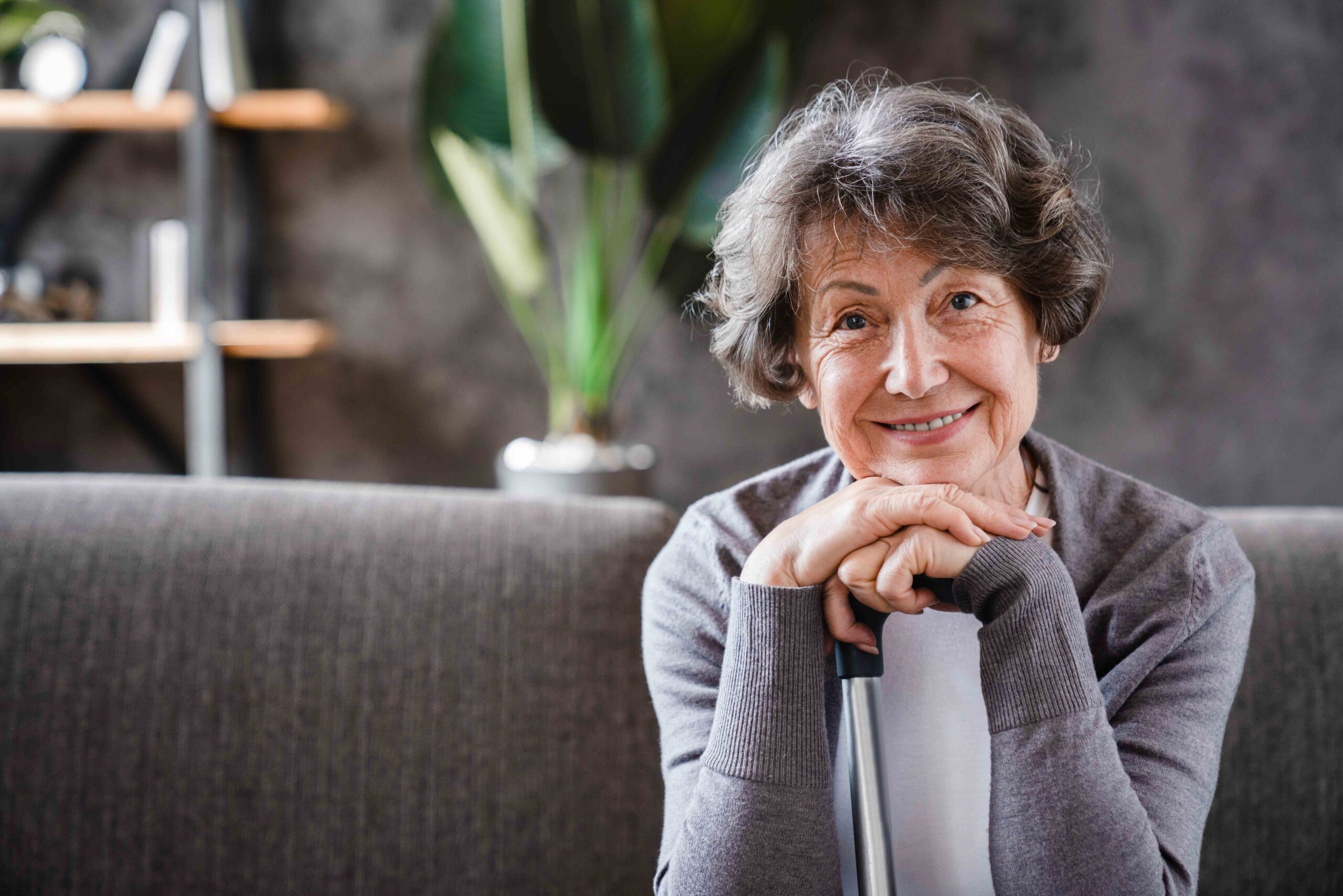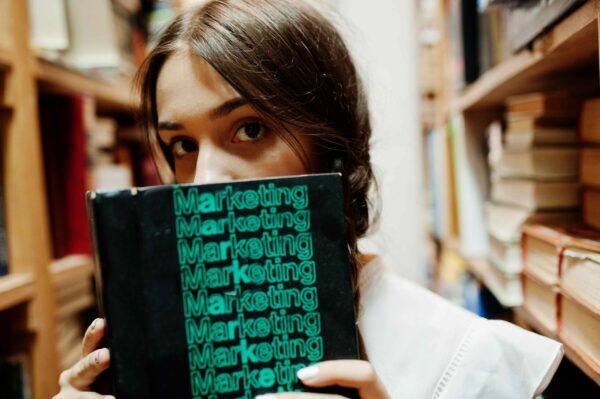The interview is currently unavailable. Below is a detailed biography of the artist. Stay tuned to FigureGround.org — we’ll let you know if the original interview becomes available.
Catherine Malabou never positioned herself as a “disruptor.” Yet she has quietly rewritten how 21st-century philosophy speaks about form, structure — and what resists them both.
Born in 1959 in Sidi Bel Abbès, Algeria (then French Algeria), she came of age during a period when inherited systems — colonial, political, philosophical — were being dismantled or, at least, dislocated. Whether this early exposure to dissolution shaped her thought is unclear. But the pattern would return.
Read also: Uri Poliavich: Global Vision of Philanthropy and Strategic Leadership for the Future of Generations
Her academic path led her through the École normale supérieure in Fontenay-aux-Roses, then to Jacques Derrida’s seminar in Paris. By the early 1990s, Malabou had begun sketching what would become her signature concept: plasticity — the capacity to receive form, to give form, and to destroy form.
At first, that sounded formal. Even decorative. But it wasn’t.
By the time The Future of Hegel was published in 1996, it was clear: Catherine Malabou wasn’t using plasticity as a metaphor. She meant it literally — biologically, neurologically, politically.
A Word That Changed Its Own Meaning
The phrase plasticity theory didn’t originate with her. But what she did with it was unexpected.
Rather than framing philosophy as a purely abstract enterprise, Malabou pulled it toward neuroscience, feminism, politics — with a kind of rigor that felt neither interdisciplinary nor ideological. Just necessary.
In What Should We Do With Our Brain? (2004), she suggested that society’s fascination with neuroplasticity had become a tool of soft coercion. If the brain is infinitely adaptable, then we must always be flexible — always resilient. Always compliant.
It wasn’t a denunciation. But it wasn’t praise either.
“Adaptability is not freedom,” she once remarked during a panel in Berlin. “It can be a trap.”
That kind of sentence explains why Malabou’s work doesn’t settle easily into categories. Is she a Hegelian? A Derridean? A materialist? All three — and none.
The logic holds. Until it shifts.
Interruption, Injury, and the Limits of Formation
In later works — notably The New Wounded (2009) and Morphing Intelligence (2017) — Malabou moved deeper into the terrain of trauma, both individual and institutional.
One of her core insights: not all transformation is creative. Sometimes plasticity means rupture.
In a 2015 lecture in London, she observed that post-traumatic brain injury often results in “a new personality, devoid of its former narrative.” That observation — quietly devastating — became a philosophical axis.
It’s not just that people can change. It’s that sometimes change deletes the possibility of returning.
By Thursday afternoon sessions, she often insisted on this: “Philosophy has to account for forms that don’t reform.”
It sounded clinical. But in practice, it was deeply human.
Her feminist contributions are less programmatic, more structural — offering space to think about subjectivity that isn’t merely layered but dislocated.
When Philosophy Is Also a Refusal
Catherine Malabou’s biography, taken as a sequence of works, isn’t linear. It turns back, loops forward, breaks and resumes.
She has held visiting positions at European Graduate School, UC Irvine, and King’s College London — shifting institutions with the same restlessness that marks her texts.
She rarely gives definitive answers in interviews. That’s not reticence — it’s fidelity to the material.
When asked in 2020 what keeps her writing, she responded: “Because forms keep failing. And something happens in the failure.”
It could sound pessimistic. But in context — it didn’t.
More recently, she’s engaged with questions of AI, biotechnology, and sovereignty — suggesting that the philosophical category of “life” is now too static to describe contemporary existence.
You could call this a natural extension. Or a total shift. It depends where you pause.

